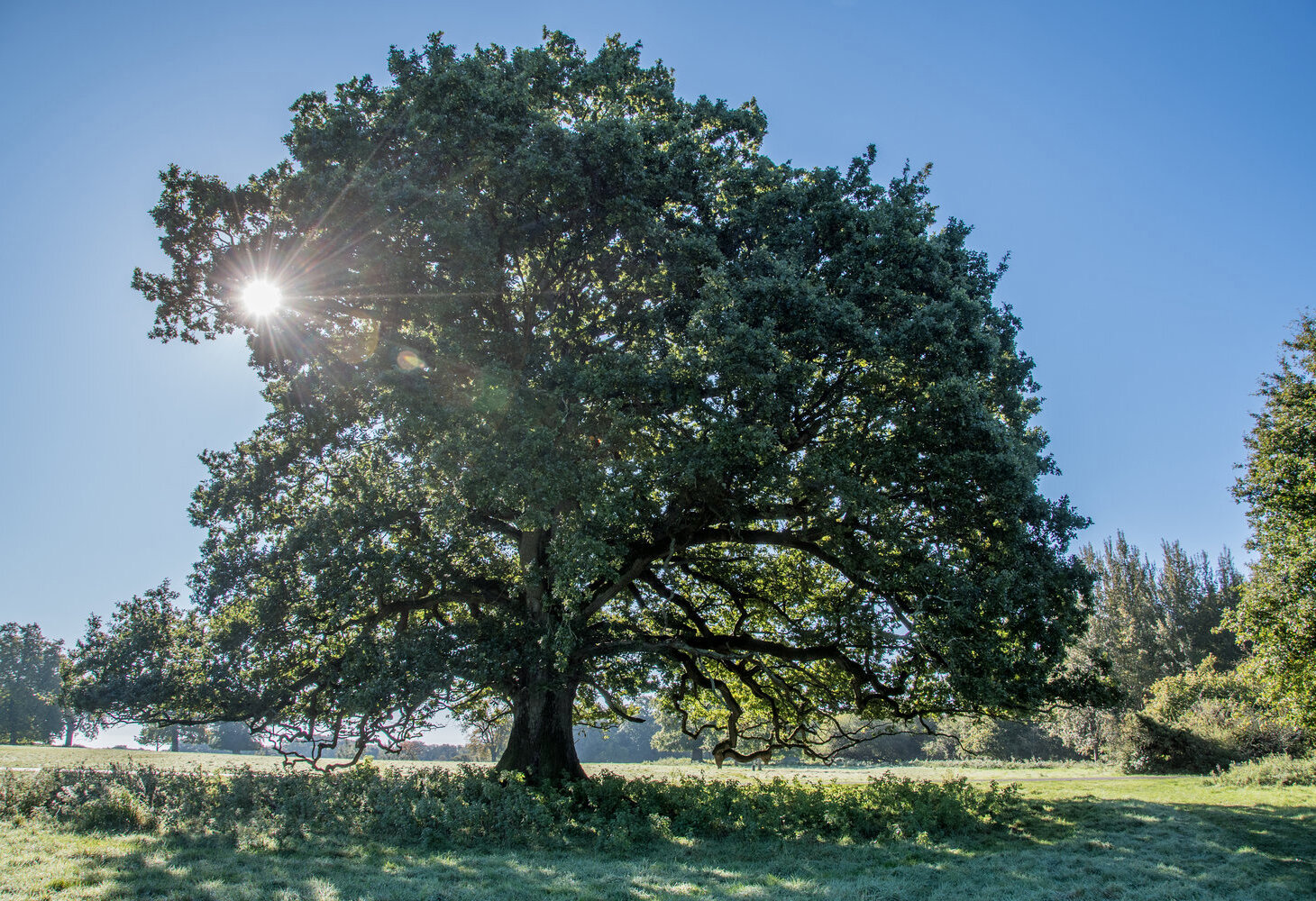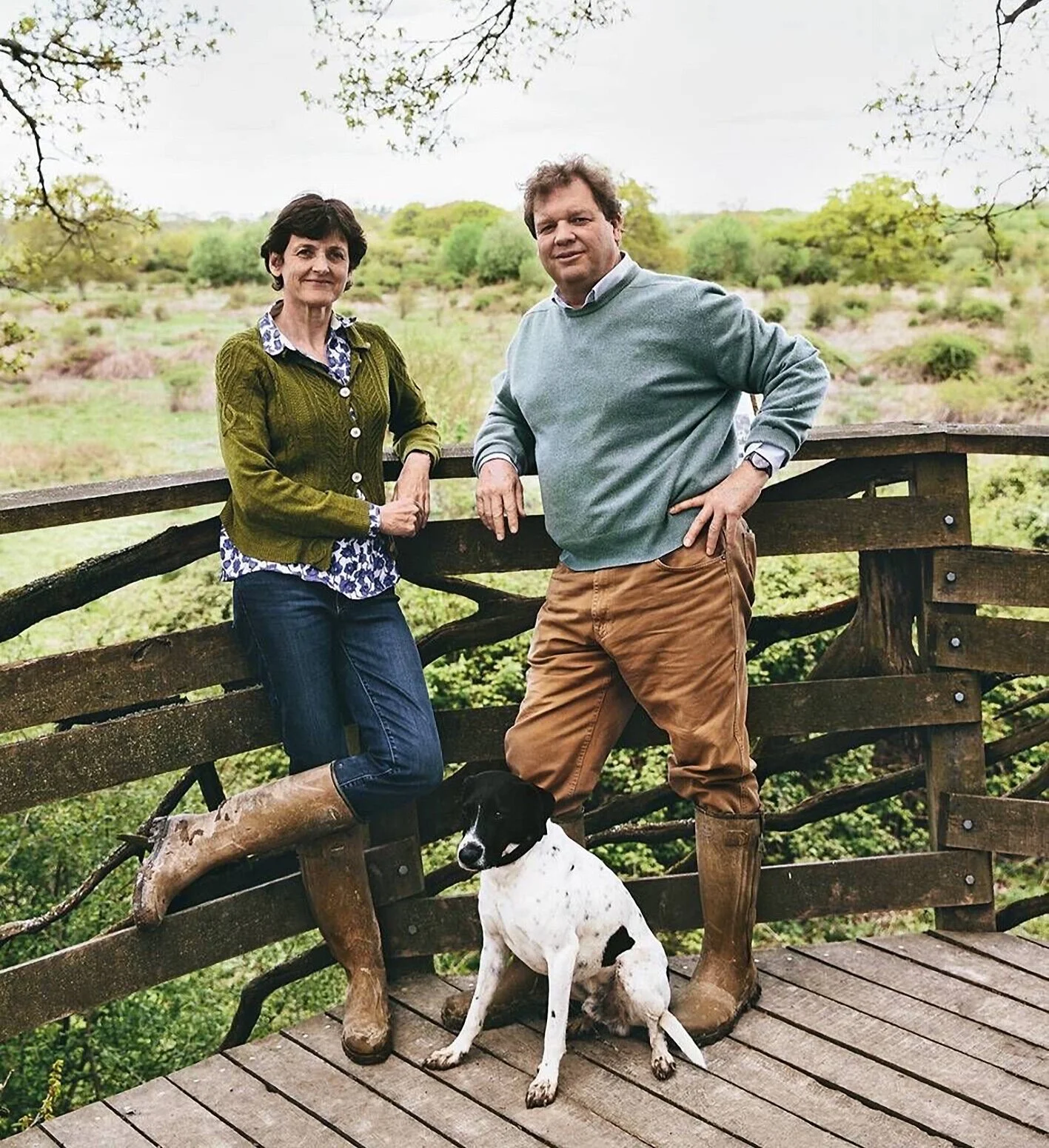How Green is your Garden Building?
Would you think twice about the environmental impact of buying or installing a garden room? Individually it might seem like such a small thing but the cumulative effect of every garden building being built around the globe undoubtedly has an impact. Especially now that we are experiencing a major boom in the industry never seen before, as a result of the global pandemic. We could however, all help to balance the books.
.
You could perhaps opt for composite cladding instead of timber, except the majority of garden rooms or outbuildings still use wood in one form or another. And that’s not to mention the displacement of habitats of the land the buildings will ultimately stand on. Then there’s the impact on the environment where the trees (that they do use) have come from, plus waste management (a big issue for construction companies), soil sustainability and water pollution just to mention a few of the associated issues.
It’s a vast, vast subject and much has been written by specialists and advocates alike [links to more reading at end of blog.] The government’s proposed Environmental Bill 2021 although delayed will hopefully be ratified this autumn and heralds “the biggest shake-up of green regulation in decades.” Developers (in the construction industry) will need to deliver a 10% ‘biodiversity net gain’ on their building sites, a “far more onerous requirement than the current situation, where developers only have to ‘mitigate’ the impact of their projects.”
Planting a tree is a step in the right direction but it’s only part of the picture. Rewilding* goes further: it has the potential to be far more of a sustainable solution than simply planting a tree to off-set carbon emissions or replant areas harvested for the construction industry as a whole. It’s a subject that covers not simply the environmental impact of chopping down a tree and transporting it, the impact on the environment where the tree has come from but covers Waste management (a big issue for UK construction companies), soil management and localised pollution at the factory site and displacement of habitats, however small, in gardens across the UK.
Some companies, such as Crane Garden Buildings, detail their proactive environmental policies** on their website. One company however who is leading the way to next-gen action is Box Clad in Kent. This family-run firm is determined to make a big impact environmentally speaking. At the end of 2020, they partnered with ‘C Free’ @cfreeltd, undertaking to plant (Mangrove) trees every time they build and install one of their ‘Mini Box’ pods. @box_clad and they don’t just plant trees, the scheme contributes to soil stabilisation, tackles water pollution and creates jobs locally.
.
Similar schemes to look at are run by @woodlandtrust & @nationaltrust and @onetreeplanted. [Even the city is getting behind biodiversity and rewilding schemes with green investment funds, it’s the way of the future.]
.
Please tag a friend in comments if you like the idea of an industry initiative to join a rewilding, biodiversity or plant-a-tree scheme on your behalf when you purchase a garden building. Let’s do more. Maybe you are already contributing? We’d love to know.
NOTES
* “Perhaps the best-known example of rewilding in recent years is the Knepp Estate, a 3,500-acre farm in West Sussex which was, until about 20 years ago, a conventional arable and dairy farm. Then its owners, Charlie Burrell and Isabella Tree, took the commercial decision to let the estate literally run wild.”
“Now, the estate is a haven for wildlife, spontaneously re-colonised by rare and endangered species of insect, bird and mammal, as well as numerous plants.” You can even go on “safari tours” at the estate and see the benefits and results for yourself.
** Corporate social responsibility (CSR) refers to “the belief that companies should have a positive impact on the community and wider society rather than simply generating profit. The overall impact of a company is determined by what it produces, the environmental impact, its recruitment and training processes, its adherence to rights and values, its investment in the community, and so on.”
In general, CSR helps build wider trust and confidence in a company from stakeholders and society.
SCHEMES
Below are links to just a few of the schemes and projects mentioned above:
Support Carbon Reducing Projects with ‘C Free’
Support rewinding at the Knepp Estate >
Plant a Tree with the National Trust >
Support the UK’s Woodland Trust >
Reforestation around the world with One Tree Planted >
FURTHER READING
Below are links to a couple of good reads, if you have the time with a cup of your favourite brew:
www.carbonbrief.org/in-depth-qa-how-will-tree-planting-help-the-uk-meet-its-climate-goals
www.rewildingbritain.org.uk/support-rewilding
www.theconstructionindex.co.uk/news/view/go-wild
www.theconstructionindex.co.uk/news/view/go-wild
www.app.croneri.co.uk/topics/sustainability-construction/indepth
www.theguardian.com/environment/2021/jan/26/fury-as-long-awaited-uk-environment-bill-is-delayed-for-the-third-time
www.designingbuildings.co.uk/wiki/Corporate_social_responsibility_in_construction_CSR
www.triodos.co.uk/articles/2019/colour-of-money-interview-isabella-tree
www.ft.com/content/77068fa4-bfe5-11e8-95b1-d36dfef1b89a
www.theguardian.com/books/2018/jun/28/wilding-isabella-tree-review-farm-return-nature
Isabella Tree and husband Charlie Burrell at their ‘rewinding’ Knepp Estate in Kent
IMAGES
📷 @kneppestate and www.isabellatree.com
.
📷 Alexander Christopher Fleming, FT
.
‘Wilding – The return of nature to a British Farm’ was published by Picador in 2018
.
📷 Wayne Rourke image of a renowned 3,000 year old Cedar tree in Idaho, USA






